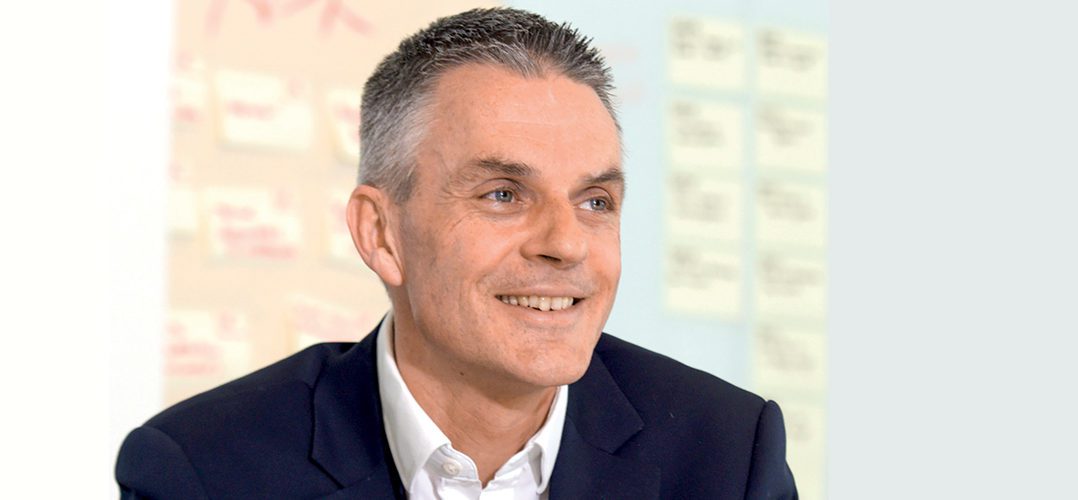In December of last year, it was announced that the BBC’s principal production arm, BBC Studios, and BBC Worldwide, were merging, effective from April of this year.
The move is designed to strengthen the BBC’s commercial position, to streamline its activities and to ensure that the company can raise extra revenues on the international market through secondary sales and merchandising.
BBC Studios as a commercial production company is now also free to produce content for broadcasters other than the BBC, bringing it in line with such rivals as ITV and All3Media. And the person assigned to watch over all of that is Tim Davie.
Davie came to the BBC from the consumer sector — first with P&G and then PepsiCo. He joined in 2005 in a marketing and communications role and then moved to audio and music, before becoming acting BBC director-general and then CEO of BBC Worldwide in 2013. Since April, in his new role he heads up the UK’s most awarded production house and Europe’s biggest distributor.
Davie said the merger was aimed at bringing the BBC into line with a changing industry. “We’re in a world where it’s all about how do you most effectively generate IP and create world-beating content, and in that context you can see a world in which scale is becoming more of a material factor,” he said.
“I happen to believe that scale isn’t the only factor, you need to understand what business you’re in and be very clear of your offer. But there is absolutely no doubt that as you look at a market that’s fast-moving and global, you want to remove any barriers to make sure that you are able to act fast internally — and as you can see across the industry, more and more we are seeing vertical integration. The way that we want to operate is to balance both in-house production and a thriving relationship with the indies. You’ve got to get that balance right.”
The move also takes into account a changing global TV landscape. “We’ve been in an age where choice has been limited by distribution. Once that’s been unlocked by the internet, across numerous industries, you get a much purer indication of consumer choice,” Davie said. “And what gives me confidence there, is that in that situation you have to double down on unmissable content. Everyone is saying it and I think we’re in a good position to be very, very focused on the finest British talent in order to deliver that.”
This is an age that is “quite brutal on content that isn’t delivering”, he said, “and if you haven’t got the best — if you’re not best-in-class it really is troublesome. But the good news is that as a studio, we’re not just focused on scale and size for its own sake, but it is about choosing the very best producers and content makers.”
During his keynote Davie said delegates are likely to see some of the “quality content” of which he is “most proud”. Flagship titles at MIPCOM include drama series Les Miserables and MotherFatherSon, starring Richard Gere.
And his message to the Cannes audience will be: “First, we are open for business, and second, we are creating landmark creative work, so I will be showing what that looks like. Because in this industry, you can make great speeches but essentially it’s about great work. It’s about sitting down at the end of the day and watching something that you think ‘Wow that is something else!’ And this industry, for all its change, it is still powered by creative work that can excite an audience. And in some way we’ve just got to show how that works.”
Watch Tim Davie’s MIPCOM 2018 keynote in full here:
More in the MIPCOM 2018 Preview magazine; read it in full here.




